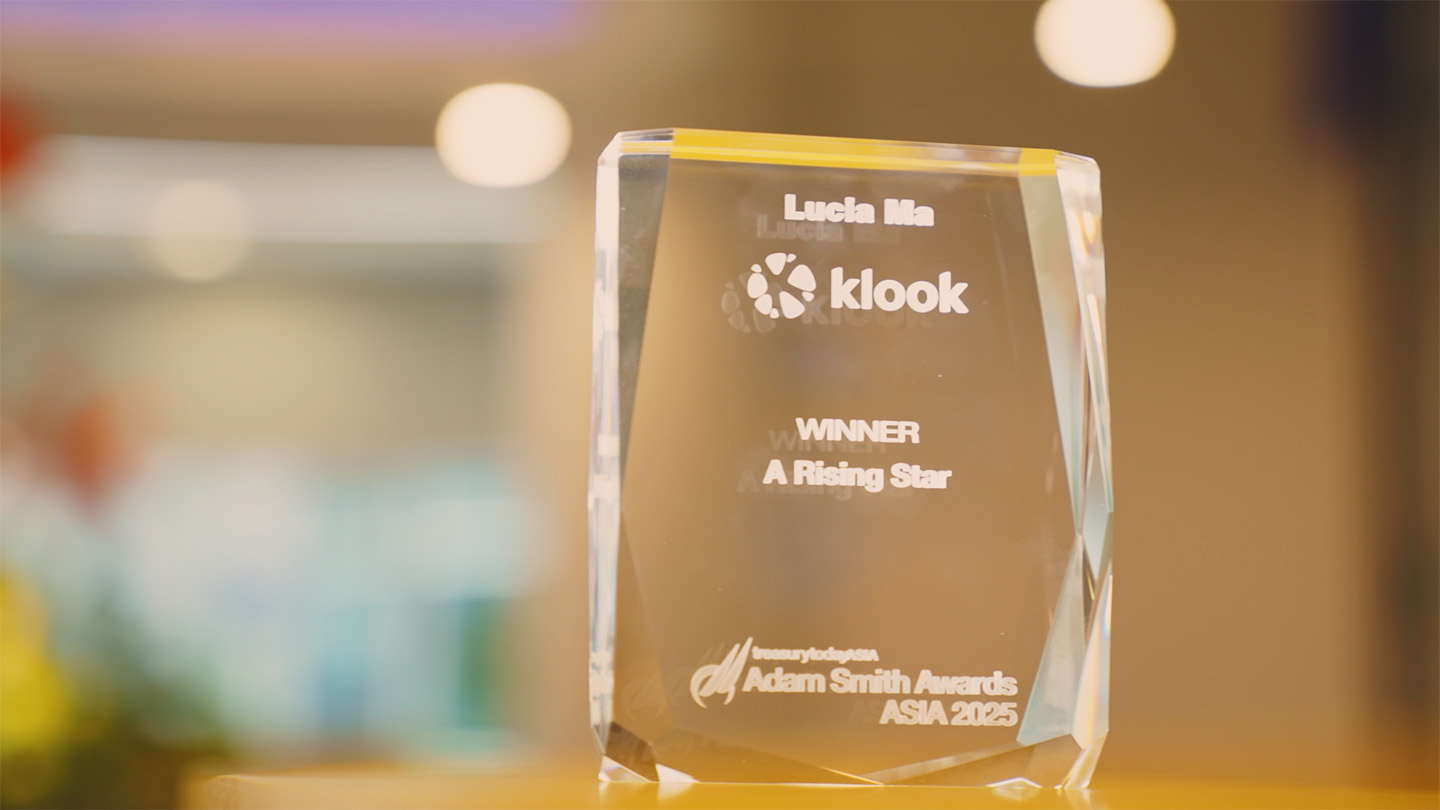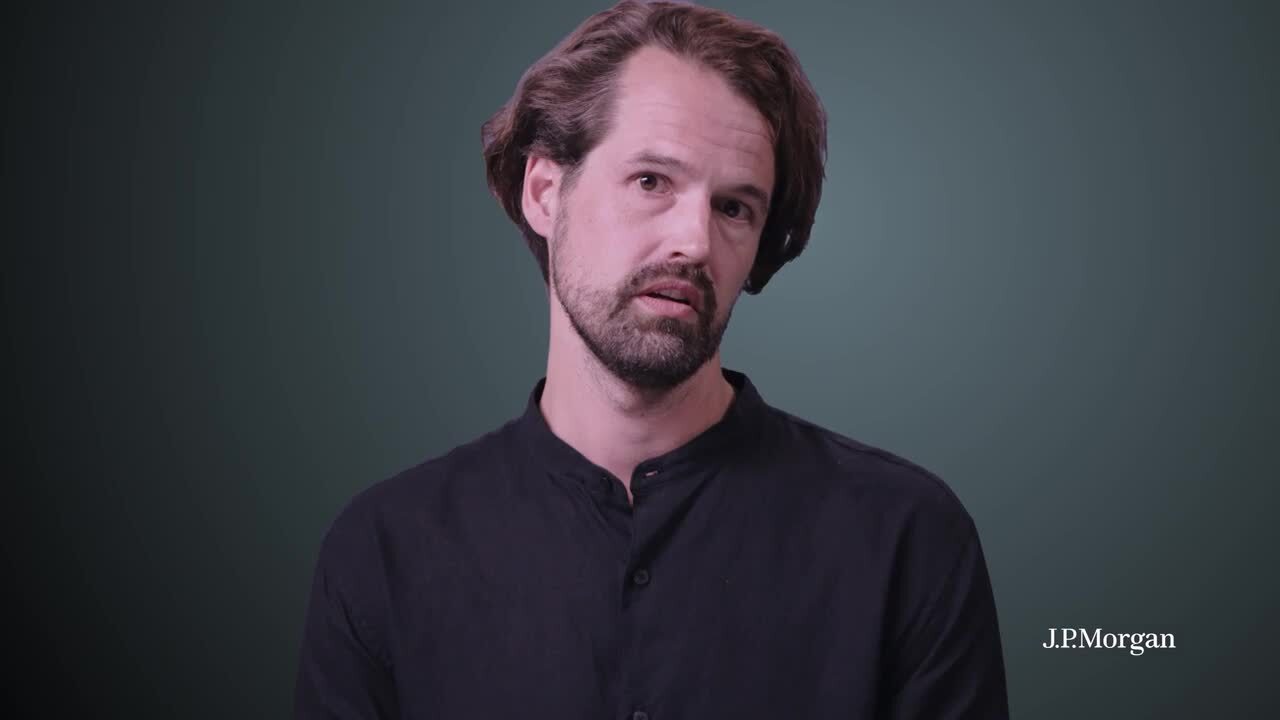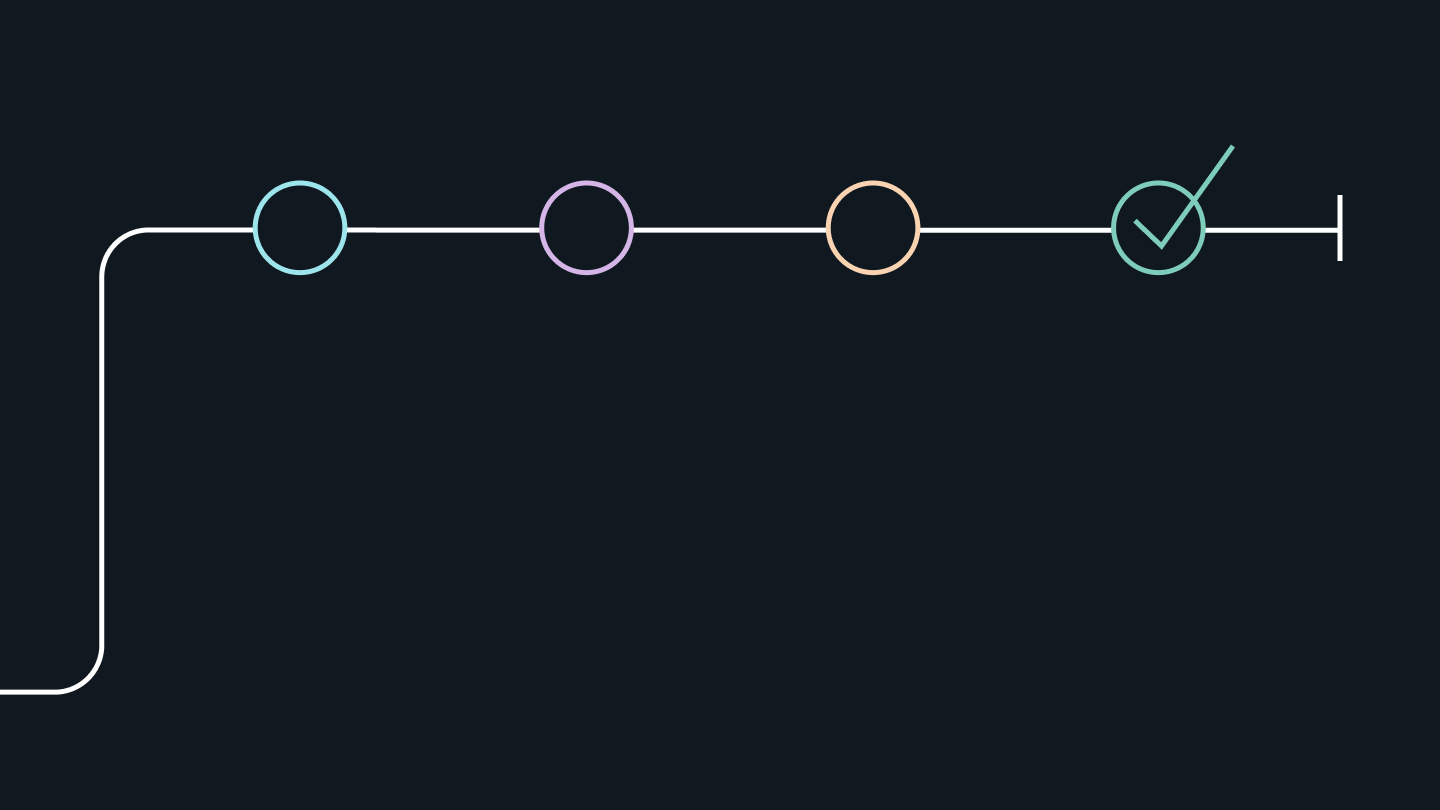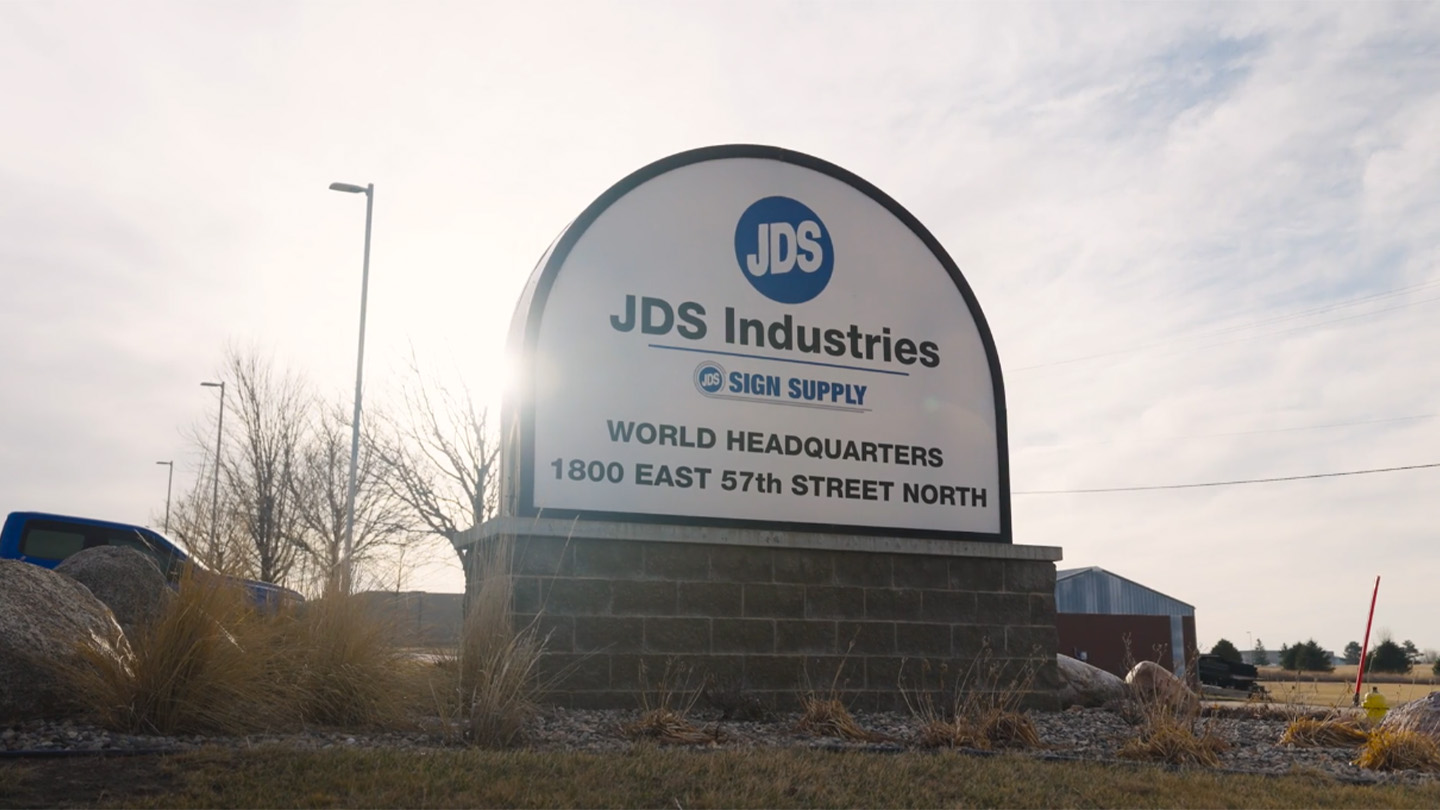Migration to ISO 20022 is a behemoth of a change program that will touch nearly all aspects of your business. It’s critical to have engagement across all different lines of businesses within your organization early on, and to allocate sufficient resources to the task, getting buy-in across all levels of your business. Significant investment spend will be needed in order to enhance and upgrade existing systems.
As we move to these new standards and new processing systems, it's also crucial to stay closely engaged with key stakeholders and providers of resources and information, such as SWIFT. Progress is being made quickly, and to stay in front of this, we’re advising clients to ensure they are consistently engaged in the dialogue, and to have a good understanding of what is required of them. There are SWIFT national groups, for example, which we encourage clients to actively participate in, so they understand what is needed.








